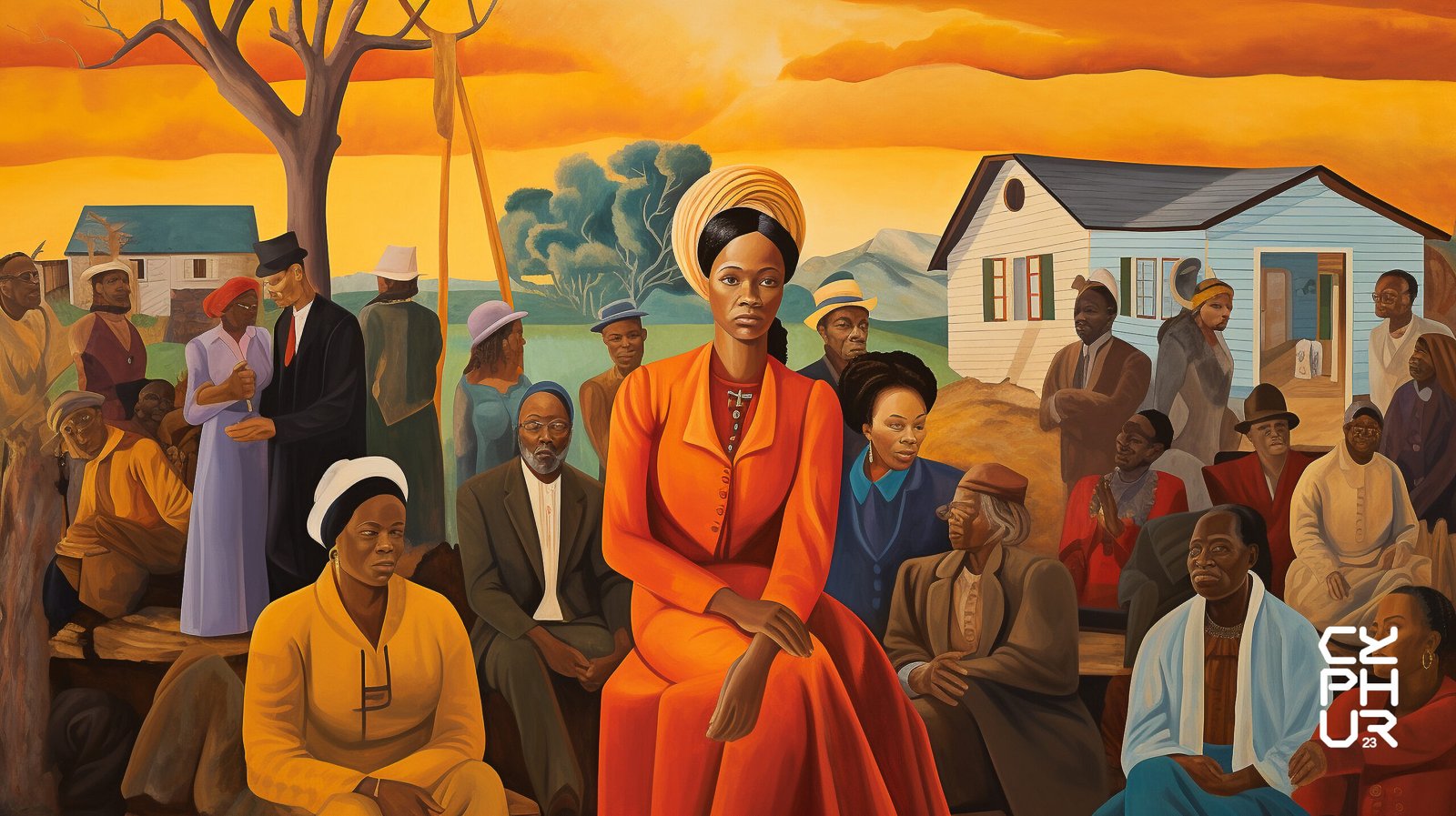In our collective journey towards a more just and equitable society, it is essential that we confront the historical wounds that continue to shape our present. The acknowledgment of past injustices, the pursuit of truth, and the efforts towards reconciliation and repair are crucial steps in our quest for healing. This article delves into the significance of these processes, exploring how they can contribute to a more inclusive and harmonious future.
Throughout history, societies have been marked by various forms of oppression, discrimination, and violence. Slavery, colonization, genocide, and other egregious acts have left deep scars on individuals and communities, perpetuating systemic inequalities and intergenerational trauma. Confronting these historical wounds requires a willingness to face uncomfortable truths and engage in difficult conversations.
Truth and reconciliation efforts have emerged as important mechanisms for addressing historical injustices. These initiatives seek to uncover and document the truth about past atrocities, bringing to light the untold stories and silenced voices. By acknowledging the painful realities of the past, societies can begin to heal and move towards reconciliation.
Truth commissions, for example, have been established in countries such as South Africa, Canada, and Rwanda, where they played a vital role in facilitating dialogue, providing reparations, and promoting accountability. These commissions create spaces for victims to share their experiences, while also holding perpetrators accountable for their actions. Through truth-telling, communities can gain a deeper understanding of the systemic forces that perpetuated injustice.
Reconciliation goes beyond mere acknowledgment; it requires active efforts to bridge divides, promote understanding, and foster empathy. It is a process of rebuilding trust and creating a shared vision for a more equitable future. Reconciliation entails acknowledging the harm done, engaging in dialogue, and promoting policies that address the root causes of inequality and discrimination.
Repair is an essential component of the healing process. It involves taking concrete actions to rectify the lasting impacts of historical injustices. Repair can take various forms, including reparations, policy reforms, educational initiatives, and investments in marginalized communities. By providing restitution and investing in programs that uplift affected individuals and communities, societies can begin to mend the deep wounds of the past.
The journey towards healing historical wounds is not easy. It requires courage, empathy, and a commitment to confronting uncomfortable truths. It necessitates the participation of all stakeholders, including governments, institutions, and individuals. Each of us has a role to play in fostering a culture of empathy, understanding, and justice.
The path to healing historical wounds requires a multi-faceted approach that encompasses truth, reconciliation, and repair. By acknowledging the past, seeking truth, and promoting reconciliation, we can begin to dismantle the legacies of oppression and work towards a more inclusive and equitable future. Let us embrace the discomfort that comes with confronting historical injustices and commit ourselves to creating a society where healing and justice prevail.
